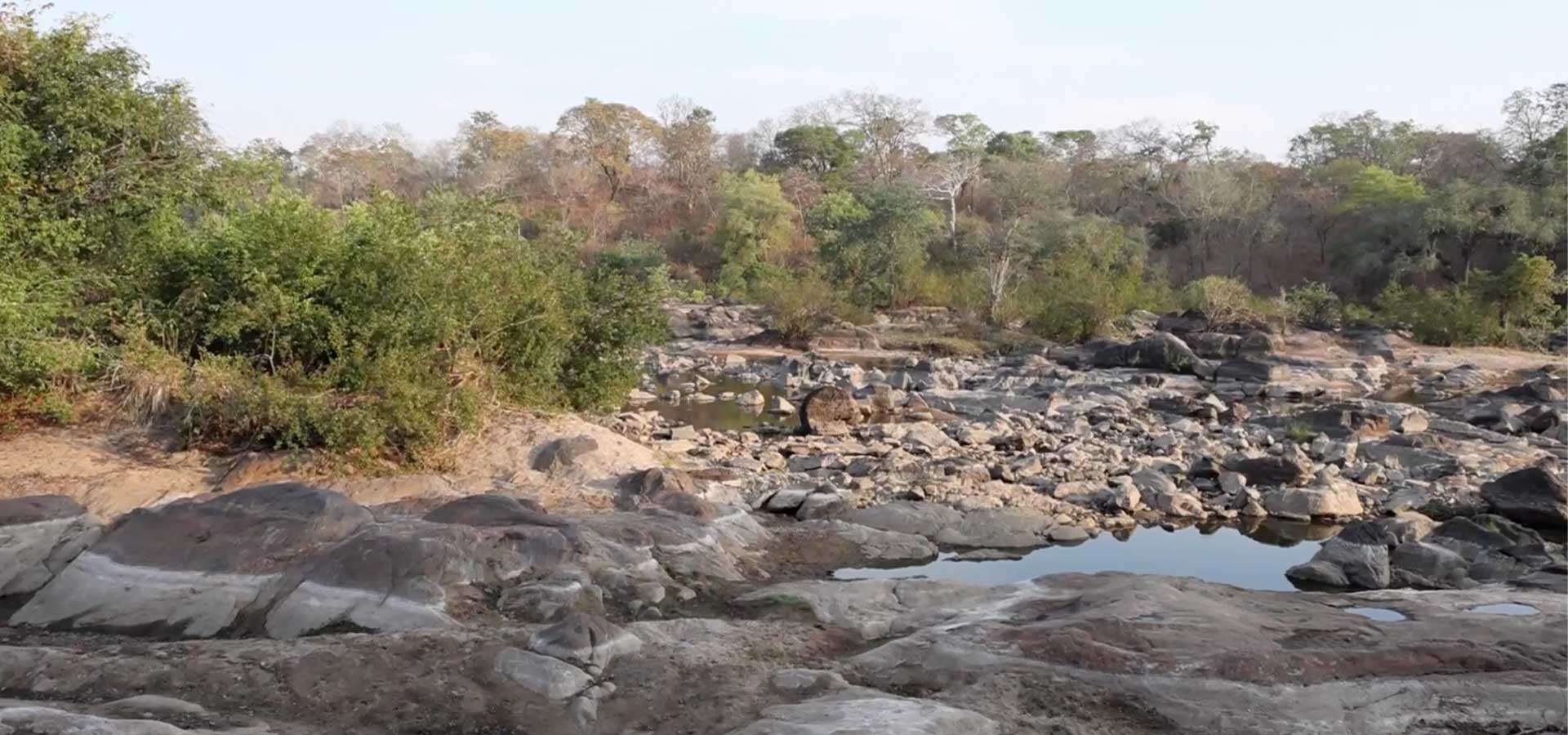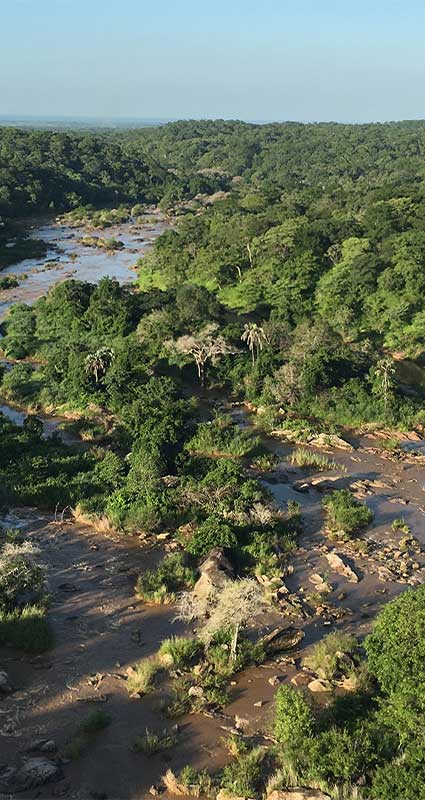SAFARI CAMPS for responsible travellers
The preferred booking platform for lodges & bush camps that offer tangible, measurable benefits for conservation & communities
Nkhotakota Wildlife Reserve is Malawi’s oldest and largest reserve - encompassing 1,800km2 (180,000 hectares) of wild and rugged terrain. It extends east from the edge of the escarpment of the Great Rift Valley to just five kilometres short of the shoreline of Lake Malawi and is the ideal playground for hikers, mountain bikers and wilderness-seekers.
Nkhotakota is Africa at her most raw and beautiful, removed from the indignities of mass commercial tourism.
🎥 WATCH THIS informative video about Nkhotakota Wildlife Reserve
READ MORE about Nkhotakota Wildlife Reserve
Expert tip: Expect a remote wilderness devoid of commercial development and come prepared to look after yourself
Information about Nkhotakota
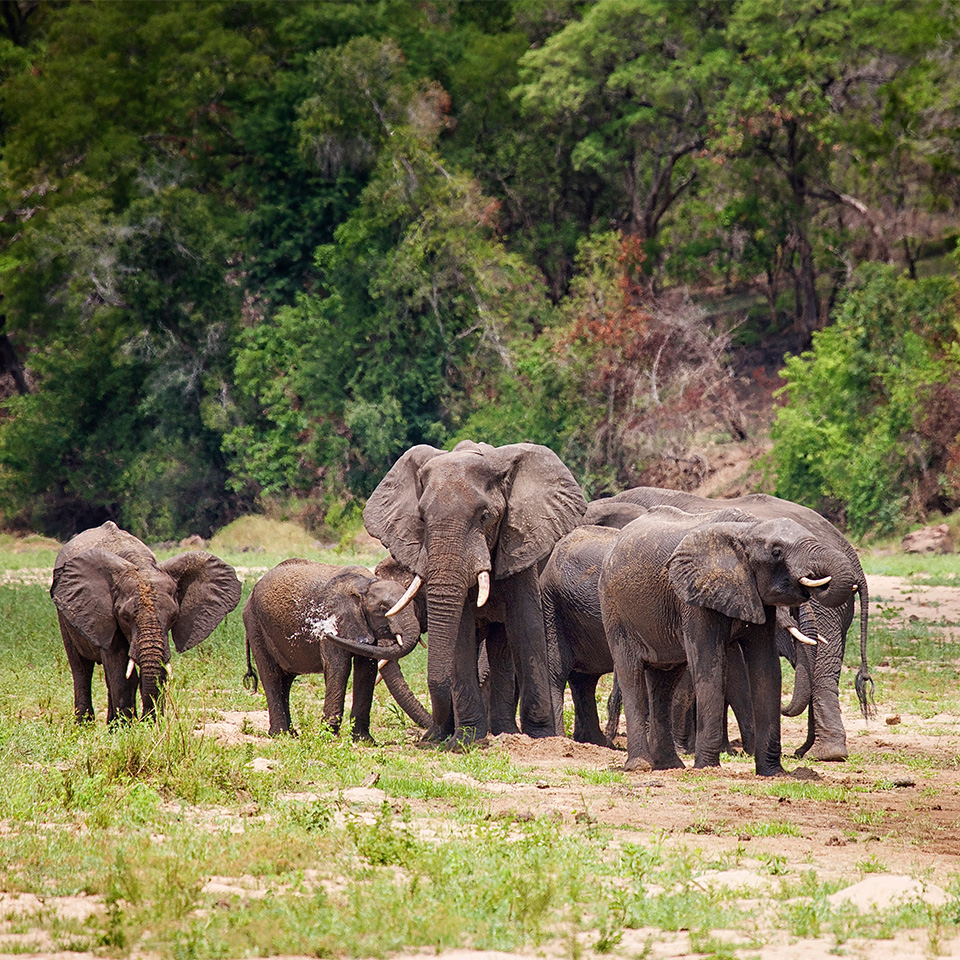
Nkhotakota wildlife
Species found in Nkhotakota include elephant, leopard, lion, buffalo, crocodile, hippopotamus, hyena, sable and roan antelope, eland, impala, waterbuck, zebra, kudu, impala, bushbuck, common duiker and warthog.
Smaller species include side-striped jackal, honey badger and several species of mongoose.
Birds - over 280 species recorded, including palm-nut vultures, Boehm’s bee-eaters, Hildebrandt's and scaly francolins, Schalow's turacos, bat hawks, crowned eagles, Pel's fishing owls and breeding Taita falcons.
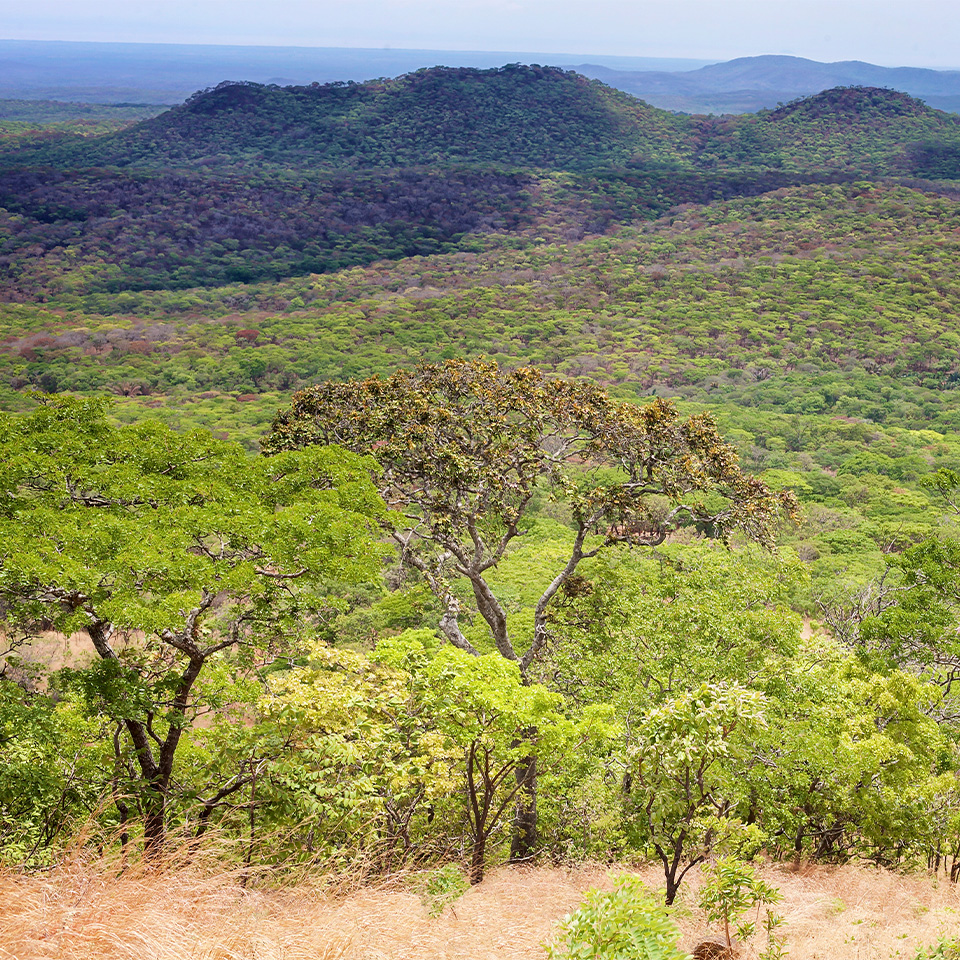
Nkhotakota seasons & landscapes
Open all year round;
Rainy season - November to March - hot and humid. The bushveld is green and thick, making game viewing more difficult. Many species have babies (easy targets for predators), and migrating birds are here to breed;
Dry season - April to October- milder temperatures (but September and October can be very hot) and little or no rain. The bushveld is brown and dry, making it easier to see wildlife.
Nkhotakota extends eastwards from the Great Rift Valley escarpment to just short of the shoreline of Lake Malawi, with rivers carving deep valleys en route.
Dense miombo woodland is interspersed by dambos (shallow wetlands) and lush grassland, with thick riverine forest along the rivers. Looming above it all is Chipata Mountain (1,614m elevation), with a small patch of rainforest at its peak.
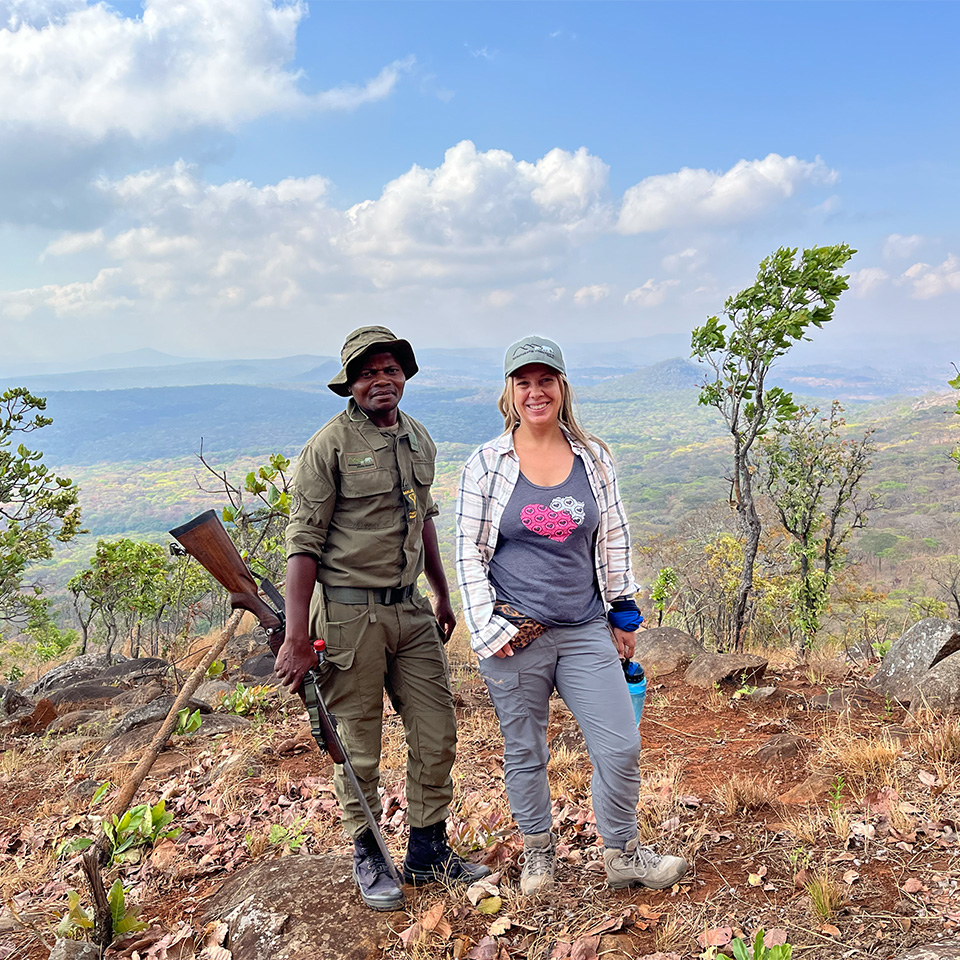
What to do in Nkhotakota
Nkhotakota activities include:
The daily rate includes one guided game drive per day in a park vehicle
Game drives in your own vehicle
Bush/bird walk
Hiking and mountain biking. Chipata Mountain is a particularly beautiful route for hikers
Currently, visitors to Nkhotakota must arrange their own vehicle in the reserve for game drives and transfers from the gate to the camp. Motorbikes and bicycles are not permitted to enter the reserve (unless passing through on the public road (M18) from Kasungu to Nkhotakota).
Hiring a scout for a walk costs US$10 (maximum group size of six per scout). It is best to book scouts in advance if you are not using lodge activities as there are only a limited number available
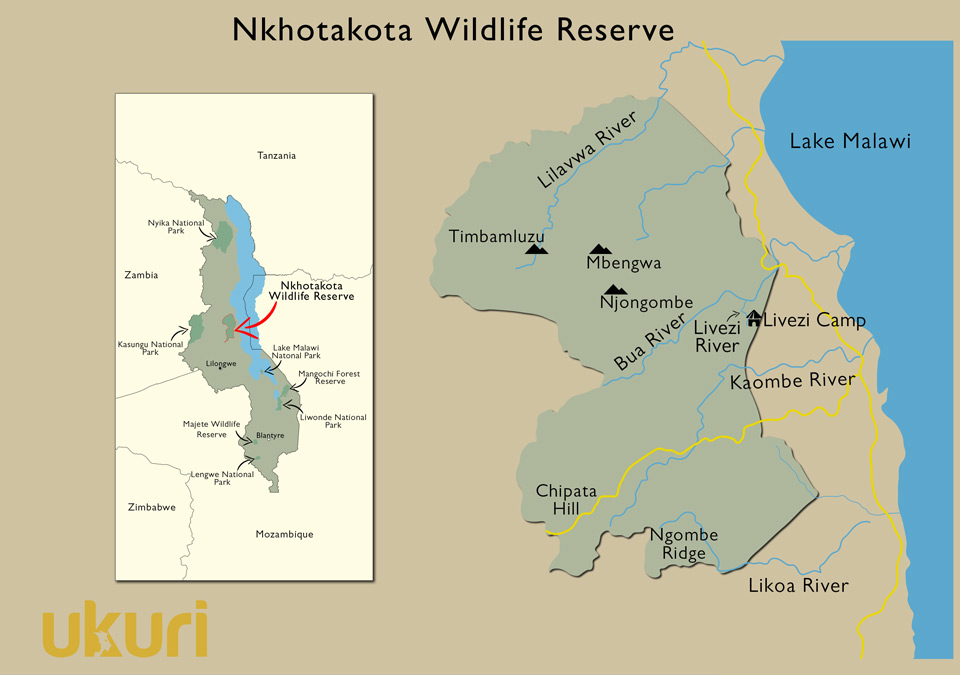
How to get to Nkhotakota
Nearest city + major airport: Lilongwe 220km / 3-3.5 hours by road.
By road: The fastest route from Lilongwe to Nkhotakota is via Salima and up the lake road passing through Nkhotakota Town and then turning off 12km later and following a dirt road for 10km to Bua Gate. This route is well-signposted.
The fastest route from Blantyre is up the lake road from Balaka and then through Salima. From there, follow the same route as coming from Lilongwe.

Health essentials
Malaria area: Yes
Nkhotakota is a malaria area. The biggest threat is during the rainy season (November to March), but appropriate precautions are advised throughout the year. Cover your arms, legs and feet from dusk to dawn and use mosquito repellent. Please consult your travel doctor about malaria prophylaxis.
Yellow fever area: No
Malawi is not a yellow fever area. Vaccination is required for travellers arriving from countries with a risk for yellow fever virus transmission. Please consult your travel doctor before travelling for relevant updates.
Tsetse flies: Yes
Tsetse flies can be a problem in certain parts of the reserve. Wear light-coloured clothes and make use of insect repellents to avoid being stung.
Water
We advise against drinking tap water unless it is boiled or filtered. Bottled water is widely available in Malawi.
Medical emergencies
Nkhotakota is a remote area - please ensure you have evacuation insurance in case of medical emergencies. African Parks utilises the following emergency evacuation service: SATIB24 (Nyasa Express Charter = Air Ambulance).
✔️ Vested communities ✔️ Responsible & sustainable
100% of tourism revenue earned by African Parks goes to conservation and local communities
Your safari to Nkhotakota will make a difference for local people
Visiting the African Parks camp in Nkhotakota is the most direct way to support local communities because these camps help boost:
protection against human-wildlife conflict via a perimeter fence and radio service to engage the community about HWC, wildlife crime and other topics;
the local economy by creating jobs and economic opportunities via tourism;
health and well-being by preventing sleeping sickness and granting local community members rights to harvest palm fronds, thatch grass, bamboo, reeds, wild fruits, and vegetables within the reserve;
education via providing scholarships and environmental education through park visits and wildlife clubs (over 100,000 indigenous trees planted).
READ ABOUT the many African Parks community-based projects at Nkhotakota
Your safari to Nkhotakota will help conservation
Nkhotakota is facing a bright new future - transformed from an empty forest with little wildlife and no tourism to a rising star as a wilderness destination of note. The reserve used to host over 1,500 elephants and numerous other species that were systematically poached for meat and ivory. Then, in 2015, African Parks assumed management - in partnership with the Department of National Parks and Wildlife. One of the world’s largest wildlife translocations kickstarted the recovery process, and the exciting journey continues today.
READ ABOUT
Information about Malawi
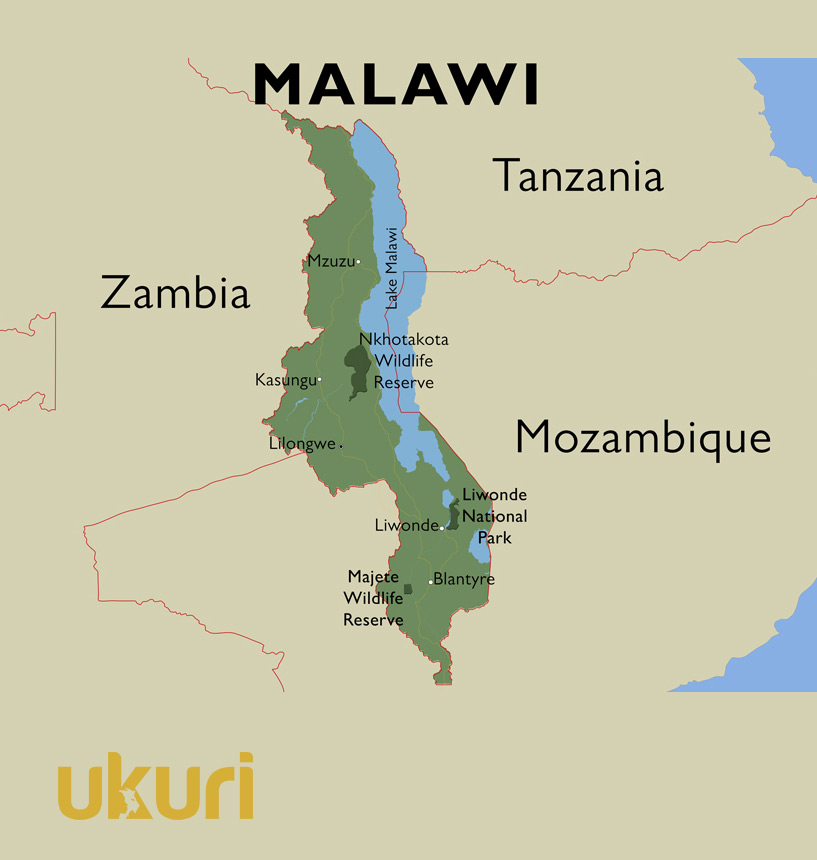
Key Malawi facts + map
Tourist hubs Lilongwe (capital city) + Blantyre.
Languages English + Chichewa (learn a few key phrases).
Time zone GMT + 2 hours.
Currency Malawian Kwacha. Exchange bureaus are available in Lilongwe and Blantyre. Credit Card facilities are increasingly available but still not common. ATMs are available in most major towns around Malawi.
Visas Enter your details here for visa and other requirements.
Plugs and power Type G plugs (three rectangular pins in a triangular pattern). 230V and 50Hz.
Power Malawi is subject to regular power failures - pack a torch and headlamp.
Mobile phones SIM cards can be purchased cheaply in Lilongwe, Blantyre and large towns. Malawi has very good phone coverage and internet coverage BUT internet speed is very slow.
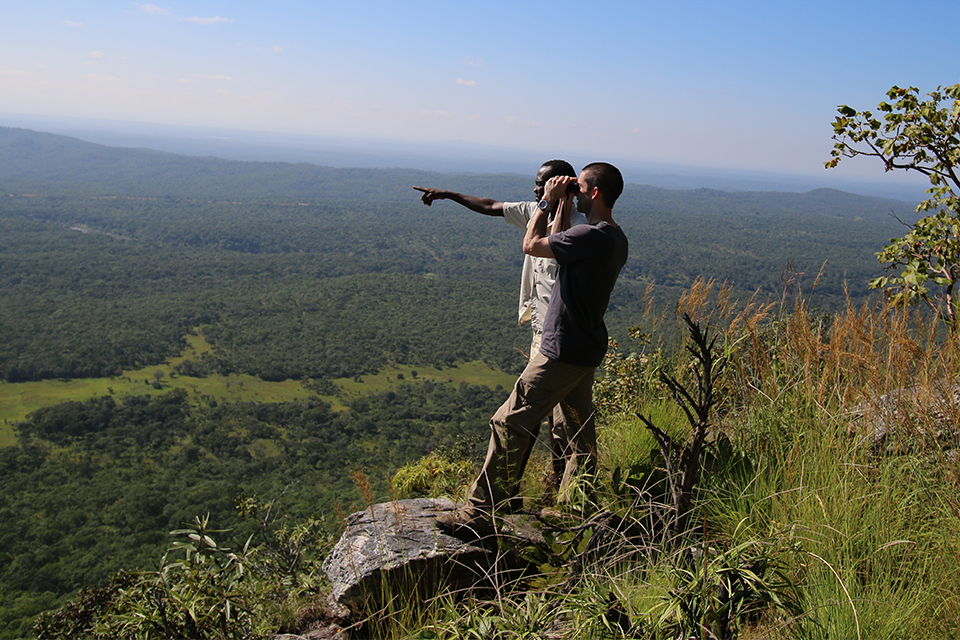
Travel highlights
Lake Malawi
Lake Malawi is the fifth largest freshwater lake in the world and a popular inland beach destination as a finale to top off that exhilarating wildlife safari.
Majete Wildlife Reserve & Liwonde National Park
Majete and Liwonde are two of Africa’s greatest conservation success stories and premier Big-5 safari destinations for responsible travellers.
Nkhotakota Wildlife Reserve
Nkhotakota Wildlife Reserve is the oldest and largest reserve in Malawi and is on the way to becoming the wildlife haven it used to be.
Nyika Plateau & National Park
Nyika National Park is Malawi's largest national park and is popular with birdwatchers, wilderness hikers and mountain bikers.
